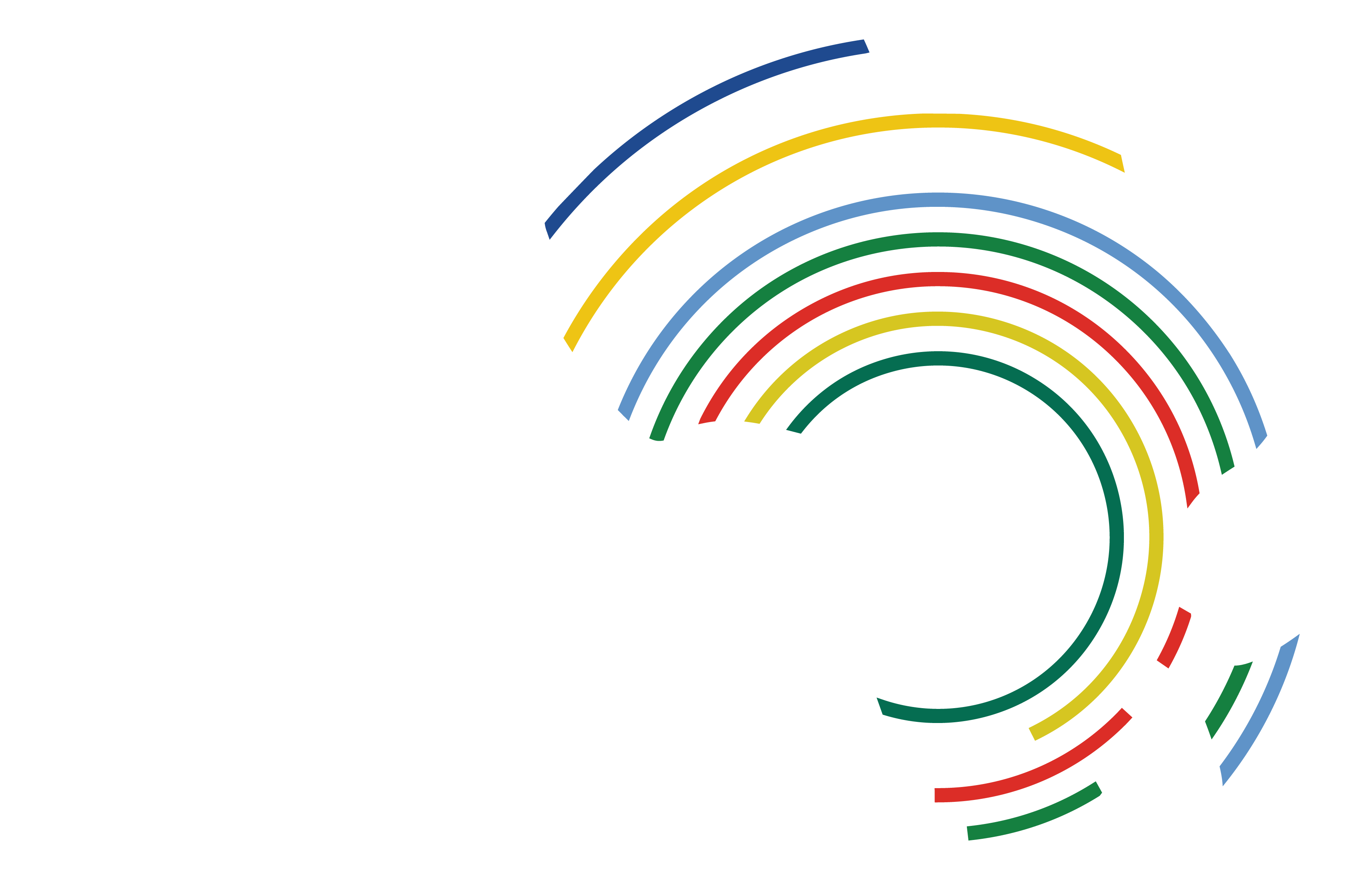The Africa Prosperity Dialogues (APD) 2025 highlighted the critical role of social infrastructure, including education, health care and housing, in sustaining long-term economic prosperity. Addressing these foundational needs is essential for creating a skilled workforce, fostering innovation and ensuring inclusive development. Delegates called for increased public and private sector investment in human capital development to equip Africa’s youth with the skills necessary in their emerging digital and industrial economies.
The Dialogues emphasised the critical role of social investment, stating that social infrastructure, encompassing healthcare, education, housing and social welfare systems, is essential to achieving the African Union’s Agenda 2063 vision. The discussion highlighted the need for strategic planning, adequate financing and inclusive policies to eliminate existing gaps and ensure equitable access to social services. Healthcare emerged as a critical priority, with discussions underscoring the urgent need for improved healthcare facilities, workforce capacity and access to essential medicines.
The COVID-19 pandemic exposed significant vulnerabilities in Africa’s healthcare systems, reinforcing the need for resilient healthcare infrastructure that can withstand future public health emergencies. Development partners and governments were urged to increase investments in primary health care and leverage technology to enhance service delivery. Education was also identified as a cornerstone of social infrastructure, with the discussions focusing on the need for quality education systems that equip Africa’s youthful population with relevant skills for the future. Panellists highlighted the importance of investing in technical and vocational education and training (TVET) to address skills gaps and promote economic inclusion. They also emphasised the role of digital learning solutions in expanding access to education.
Financing social infrastructure remains a significant challenge, with the Dialogues calling for innovative financing mechanisms to bridge funding gaps. Suggestions included leveraging public-private partnerships (PPPs), tapping into diaspora remittances and exploring opportunities for impact investment. Governments were encouraged to prioritise social infrastructure in national budgets and seek collaboration with international development partners. The role of good governance and policy frameworks in facilitating social infrastructure development was also discussed. The Dialogues emphasised the need for transparent and accountable governance structures that promote effective resource allocation and service delivery. Harmonised policies across regional blocs were identified as essential for fostering cross-border collaboration and ensuring sustainable development outcomes.
African countries must increase investment in pharmaceutical production to reduce dependency on imports and enhance health-care resilience. Expanding technology access can improve healthcare delivery, while leveraging digital finance solutions – such as mobile payments and health insurance platforms – can enhance affordability and accessibility. Strengthening public-private partnerships will be key to scaling innovation and ensuring sustainable health financing.
African countries must prioritise teaching science, technology, engineering, arts, and mathematics (STEAM) by integrating STEAM into their national curricula to equip young people with future-ready skills. Investments in digital infrastructure, teacher training, research hubs and industry partnerships will foster innovation, enhance problem-solving abilities and drive economic growth.
Expanding access to technology-enabled learning will ensure inclusivity and prepare the workforce for Africa’s digital and industrial transformation. African countries must prioritise investments in technical and vocational education and training (TVET) to address skills gaps and promote economic inclusion. Strengthening digital infrastructure, leveraging e-learning platforms and integrating Artificial Intelligence (AI) into education systems will enhance accessibility and improve learning outcomes.
African countries must prioritise health infrastructure by establishing a Health Insurance Fund (HIF). This continental pooled fund subsidises premiums for vulnerable populations to address systemic challenges and provide health coverage for the greater majority of Africans.
Exploring public-private healthcare partnerships to develop regional medical hubs that integrate digital solutions such as telemedicine will improve specialised healthcare services and help scale up digital healthcare to reach remote communities.
